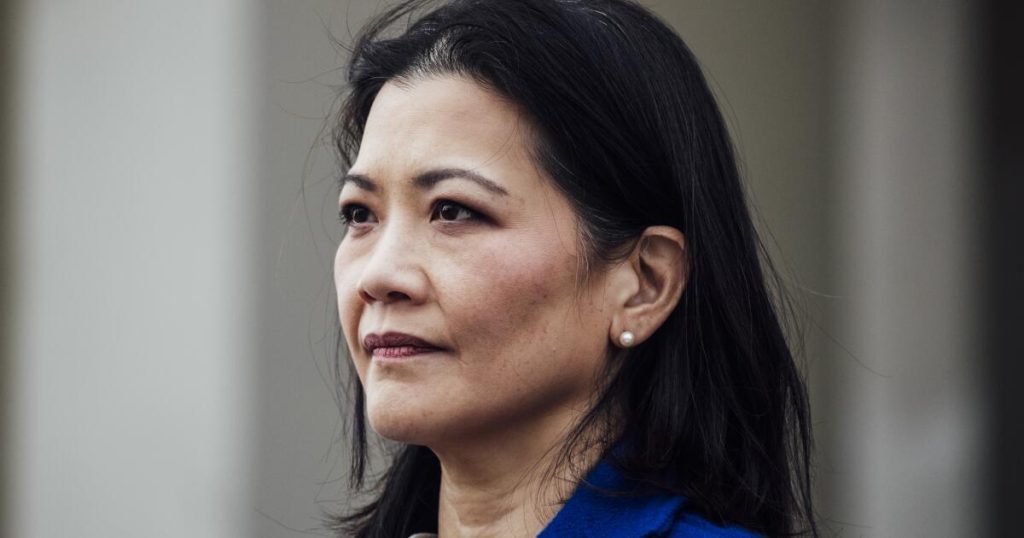1. Political Shifts and Democrat Reflections
In recent times, the Democratic Party has found itself in a period of introspection, grappling with the aftermath of significant election losses. This soul-searching is particularly evident in San Francisco, a city renowned for its progressive values. The elections have highlighted a notable shift towards moderation, signaling a change in voter sentiment. The city, once a bastion of liberalism, is witnessing a pivot towards centrist policies, reflecting broader national trends. This shift is not about a drastic ideological reversal but a call for practical, effective governance that resonates with everyday concerns.
2. Voter Sentiment and Political Changes
The political landscape in San Francisco has seen remarkable changes. In 2022, voters recalled three progressive school board members, criticizing their focus on symbolic gestures over educational outcomes. Similarly, District Attorney Chesa Boudin was removed due to perceptions of a lenient approach to public safety. The election of Daniel Lurie, a political newcomer advocating moderation, as mayor further underscored this shift. These events indicate a voter desire for officials who prioritize tangible results over ideological symbolism, marking a significant evolution in local politics.
3. Nancy Tung’s Journey in Politics
Amidst this shifting landscape, Nancy Tung, a centrist Democrat, has emerged as a key figure. Born to Taiwanese immigrants, Tung’s career as a prosecutor has been marked by a focus on hate crimes. Her political awakening began post-2016, driven by concerns over Trump’s presidency. Despite initial challenges within the Democratic Party, where her moderate views were met with resistance, Tung persisted. Her leadership rise reflects a broader recognition of the need for pragmatic policies that address community needs, illustrating her commitment to effective governance.
4. Critique and Pragmatic Focus
Tung’s critique of her party centers on its penchant for abstract issues rather than everyday concerns. She questions the relevance of resolutions on international matters, like child labor in Africa, when local issues warrant attention. Her approach emphasizes addressing practical needs—improving schools, ensuring safety, and streamlining governance. This pragmatic focus aims to reconnect the party with working-class voters, highlighting the importance of tangible outcomes in winning public trust.
5. Balancing Resistance and Local Concerns
While acknowledging the need to oppose Trump’s policies, Tung underscores the importance of addressing local issues. She advocates for a dual approach: resisting federal overreach while ensuring local governance remains effective. By focusing on community needs, the party can build a strong foundation for broader resistance, demonstrating its value through actionable support and advocacy.
6. Challenges and Future Prospects
The Democratic Party faces significant challenges in regaining power and influence. Tung’s centrist approach offers a blueprint for reconnection with voters through pragmatic policies. However, success hinges on elected officials’ ability to resist Trump’s agenda effectively. The road ahead demands a balance of resistance and governance, requiring Democrats to address both national and local concerns with equal urgency. The shift in San Francisco may herald a broader national strategy, emphasizing moderation and practicality as keys to future successes.
